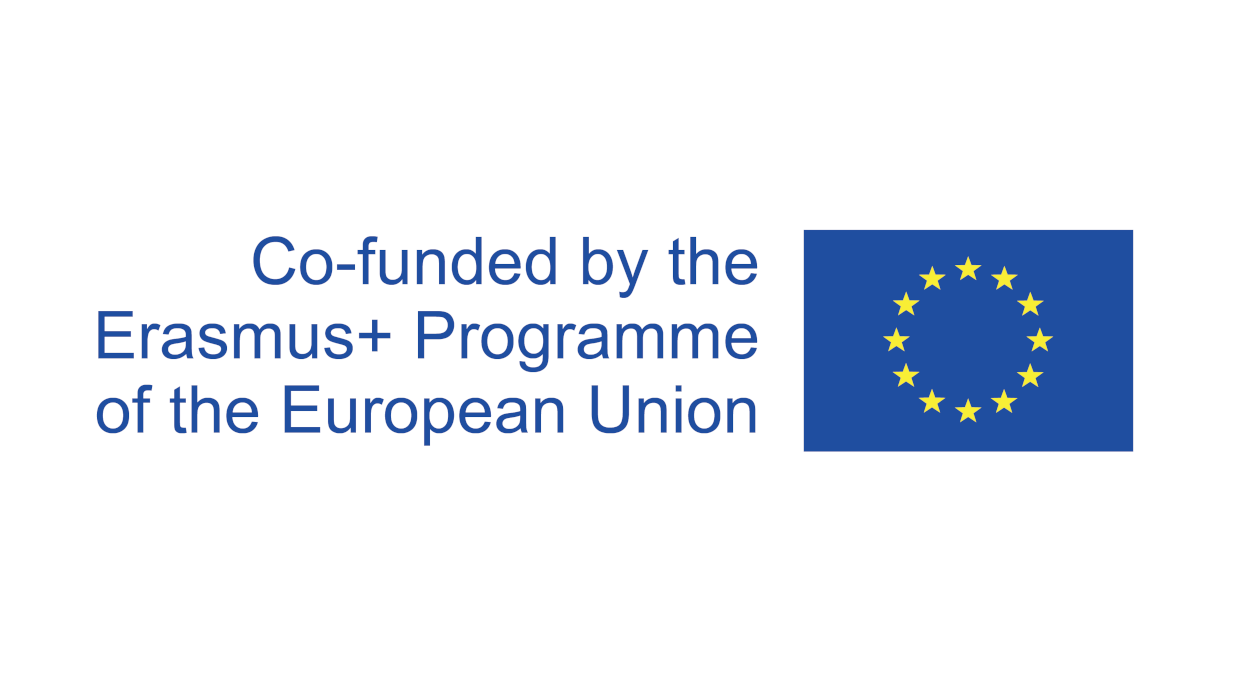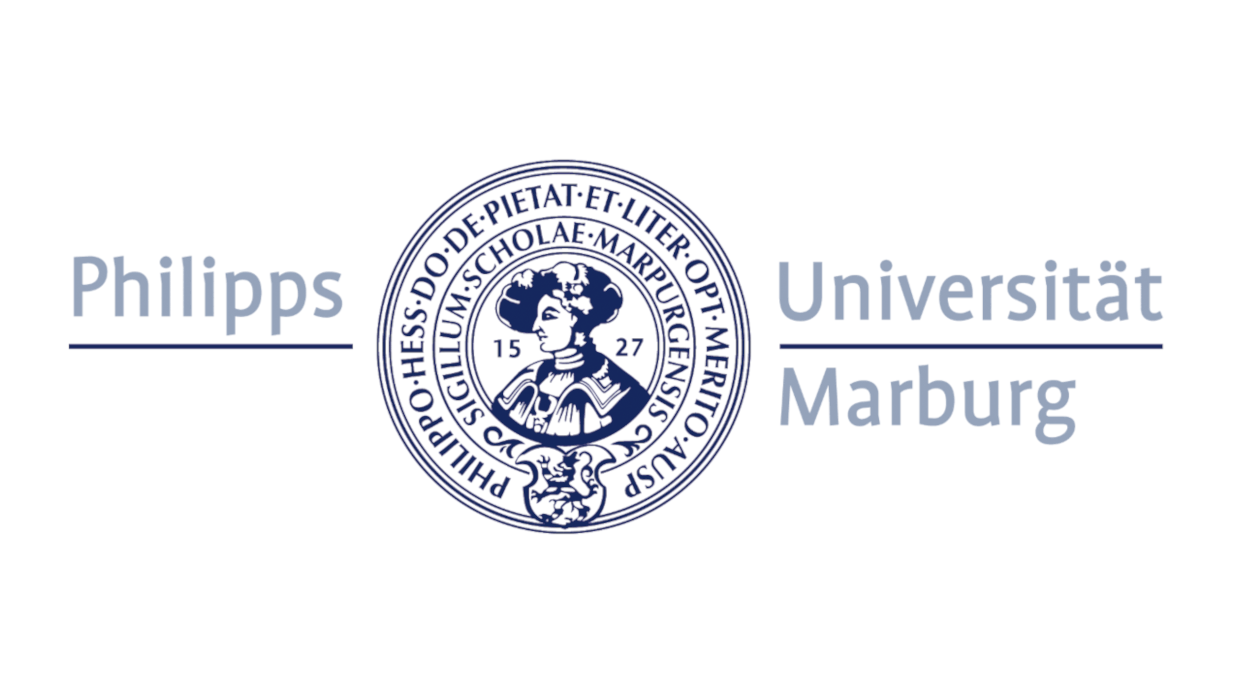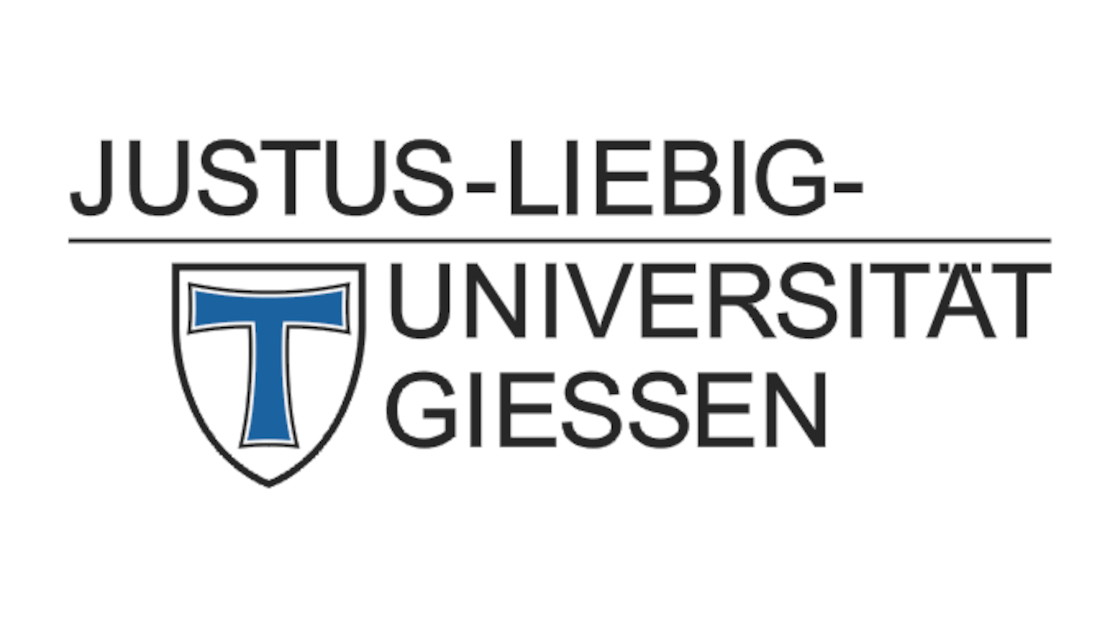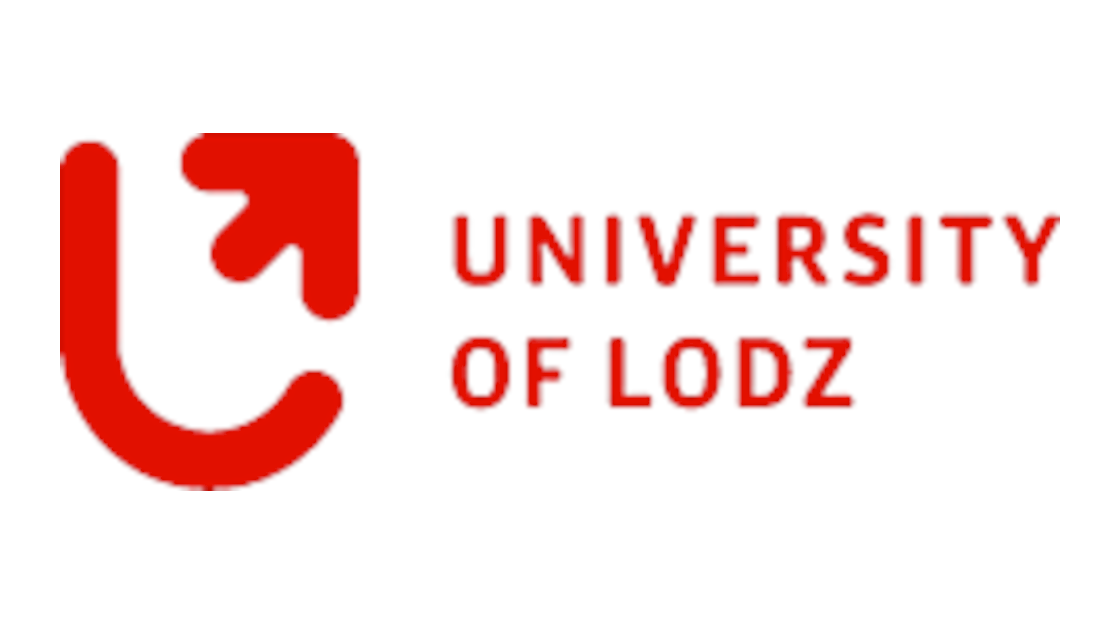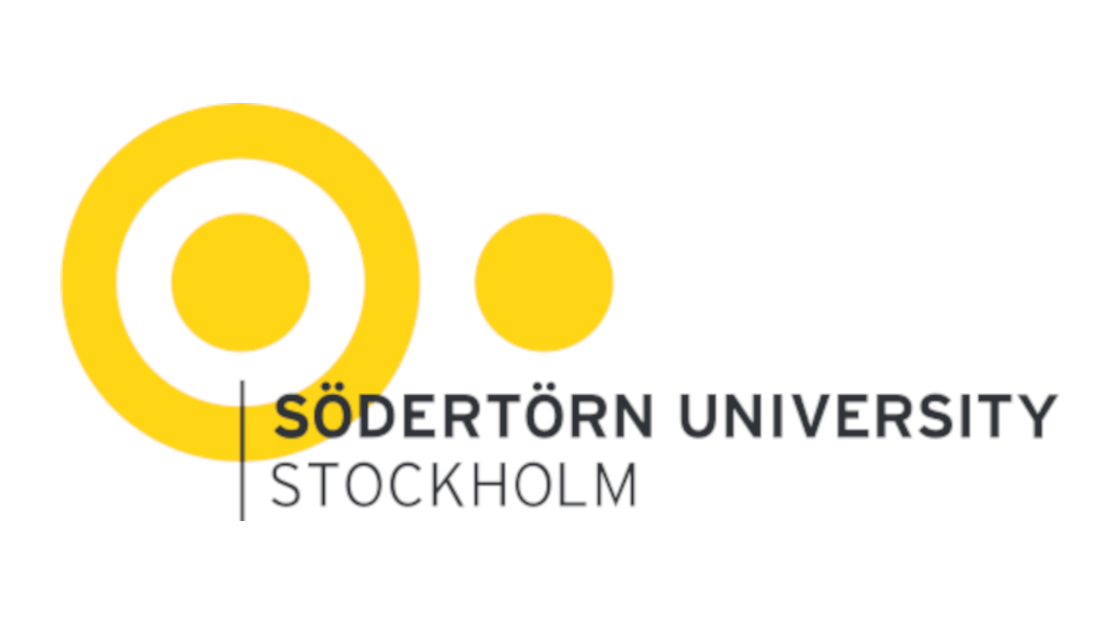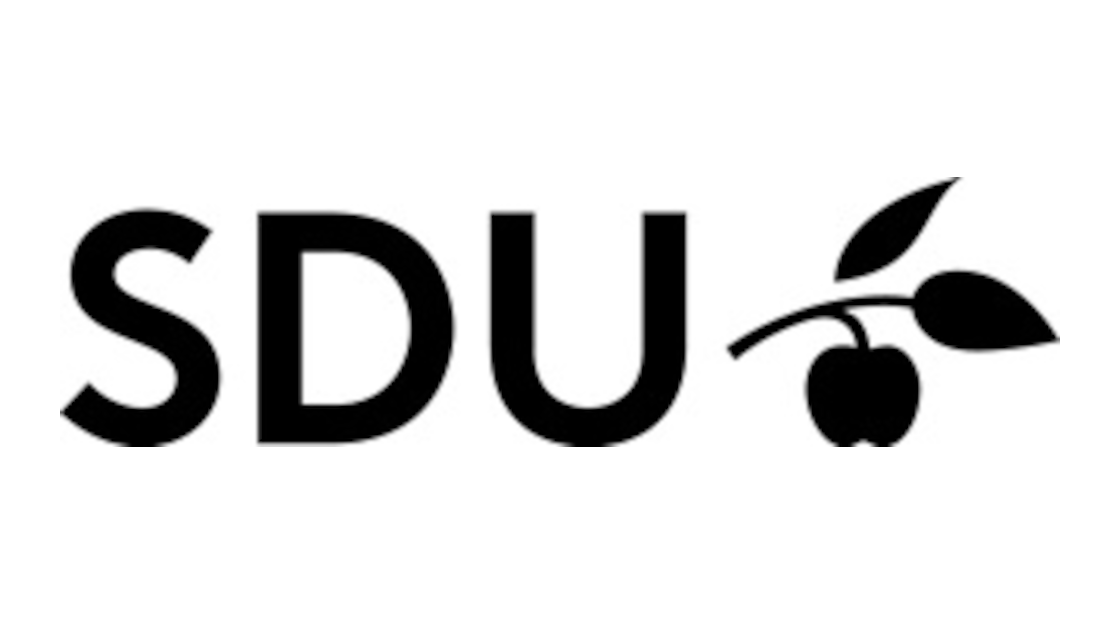Outputs
The aim of SHARINPEACE is to implement an interdisciplinary, transnational, online module "Human Rights & Peacebuilding". Of particular note is the Crisis Intervention Simulation (CRIS) in which students have to react cooperatively to crises in the role of international organisations. The module is developed and implemented in cooperation with policy/peace makers.
The project results, activities, trainings and meetings are designed in such a way that the planned module is implemented at the end of the project period, so that the individual partners can also formally integrate the module into their study programmes.
SHARINPEACE envisages six Project Results (PR1-6), which, to a certain extent, mark the end of Work Packages.
The first phase of the project consists of the Project Results PR1 and PR2, whose duration partly overlaps. PR1 lays grounds for the project by investigating the field of teaching and learning human rights in peacebuilding. We survey literature and existing study programmes in these domains. To get a full picture, we invite our stakeholders (students, educators, and policy/peace makers) to online workshops, allowing an exchange on experiences and needs.
In the project’s second phase, based on the results of the first project reports, we will conceptualise the planned module in terms of learning outcomes, didactics, methods, and learning content. In PR3, we prepare Open Educational Resources (OER) and other teaching materials while in PR4 we focus on the methodological implementation in online teaching. During the preparation of both Project Results, we conduct test-runs of exemplary courses or CRIS and reflect on the evaluation.
The third phase of SHARINPEACE consists of a pilot run of the module under real conditions. PR1-4 generate the learning outcomes, the content, the didactics and the e-tools that we are now pouring into a comprehensive module concept. The pilot run is closely evaluated and reflected on in a workshop (PR5).
The last phase of the project serves the dissemination to the stakeholders and especially to the academic public and the policy/peace makers (PR6). At this stage, a module is available that the individual locations can incorporate into their study programmes, depending on their administrative requirements.
-
Mapping the Nexus of Human Rights Education and Peacebuilding PR1
-
Stakeholder’s Perspectives: Exploring Needs and Experiences PR2
-
Resources for Teaching and Learning Human Rights in Peacebuilding PR3
-
Tools for Teaching and Learning Human Rights in Peacebuilding PR4
-
Piloting the Module “Human Rights in Peacebuilding” PR5
-
Policy Brief: How to Teach and Learn Human Rights in Peacebuilding in Europe PR6
-
The Peacebuilding Dilemma
-
The Peacebuilding Dilemma #2
-
Bridging Divides SHARINPEACE Report #1.1
-
Evolving Approaches to Peacebuilding and Human Rights Education SHARINPEACE Report #1.2
-
Stakeholder’s Perspectives SHARINPEACE Report #2.1
-
‘Connecting the Dots’ SHARINPEACE Report #1.1
-
The Dilemma of Human Rights in Peacebuilding SHARINPEACE Report #1.1
-
Crisis Invervention Simulation (CRIS) SHARINPEACE Report #4
-
Bridging the Gap SHARINPEACE Report #5
-
The Peacebuilding Dilemma #2

